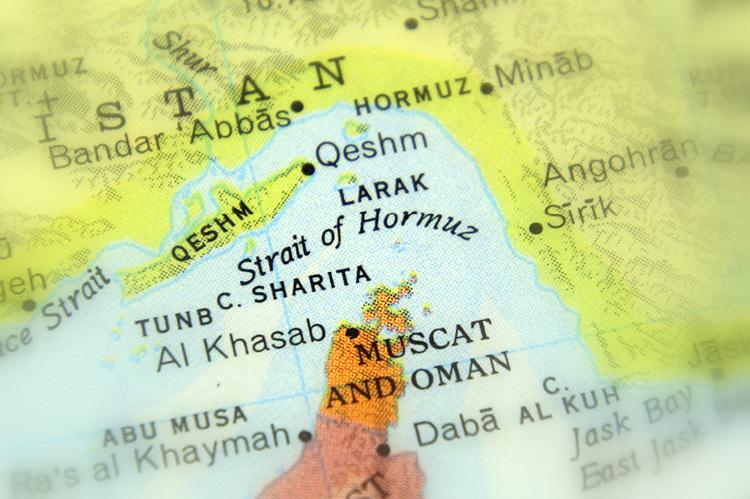A New Found Appreciation For Pipelines In The Middle East

Outgoing U.S. Energy Secretary Dan Brouillette underscored the utility of transporting oil and gas via pipelines in an appearance on CNBC with the network's Abu Dhabi based anchor, Hadley Gamble.
Highlighting pipelines comes in the wake of reports that an oil tanker off Saudi Arabia’s Red Sea coast near the port city of Jeddah was hit by an explosion from an ‘external source' as well as new assessments of the chronic shipping bottleneck in the Strait of Hormuz, offering little hope for improvement.
The Middle East holds over half the world’s proven oil reserves, but exporting it through the narrow Strait can often prove difficult. The UAE and Saudi Arabia have long sought to find alternative routes to bypass the Strait, including through what is increasingly being seen as more secure pipelines.
"Part of the conversation we’re having with the Abraham Accords (which normalized diplomatic relations between Israel and several Arab states) is to look for alternatives to shipping, so that’s why these pipelines are so important,” Brouillette told CNBC’s Hadley Gamble on Wednesday.
The CNBC report mentioned two prominent oil pipelines in the Middle East: The Abu Dhabi Crude Oil Pipeline, for example, has a capacity of 1.5 million barrels per day and carries the bulk of its production to the UAE port of Fujairah on the Indian Ocean. Saudi Arabia already exports some of its oil using a 745 mile-long pipeline that runs from its key production facilities in the east to the Red Sea port city of Yanbu in the west. A major expansion of its capacity is already underway.
Following the establishment of ties with Israel, the UAE is also reportedly looking to collaborate on the transportation of crude and products between the Persian Gulf and Western markets. The Eilat-Ashkelon pipeline, built by Israel and Iran in the 1960s, has a capacity of 600,000 barrels a day and runs from the Red Sea to the Mediterranean.

